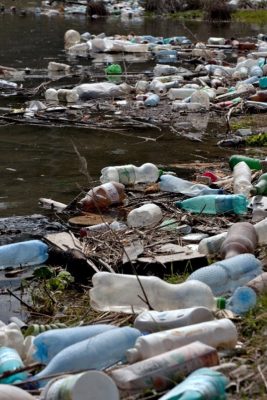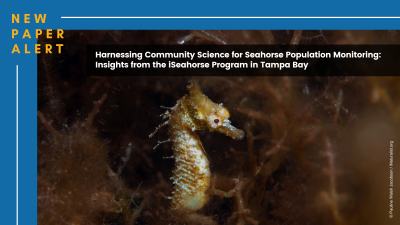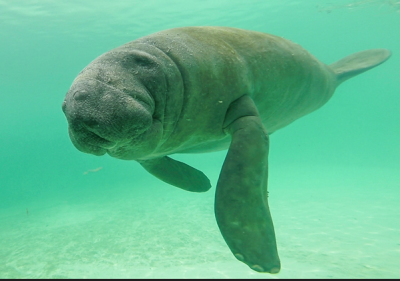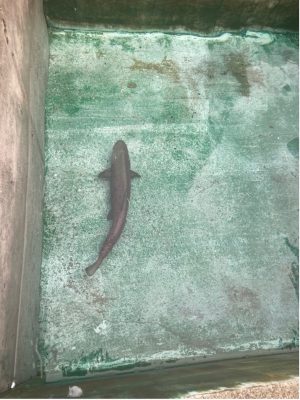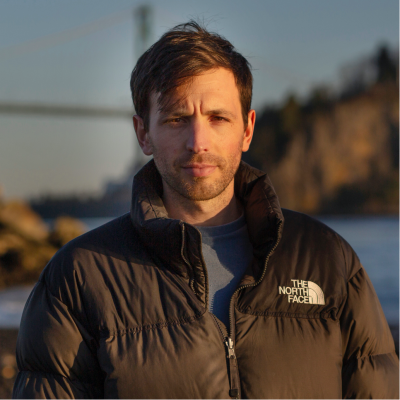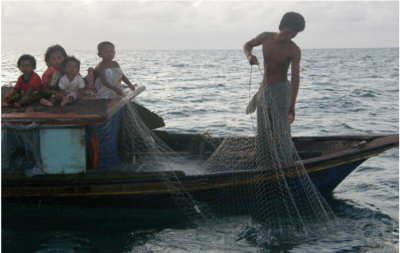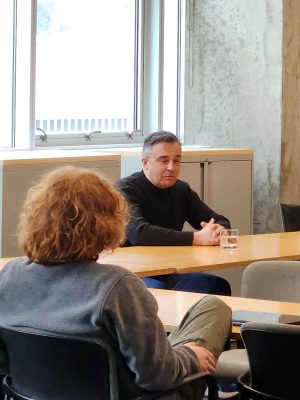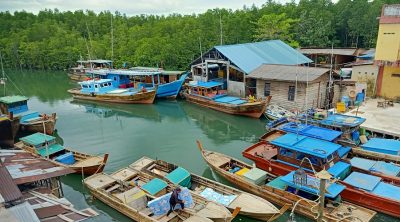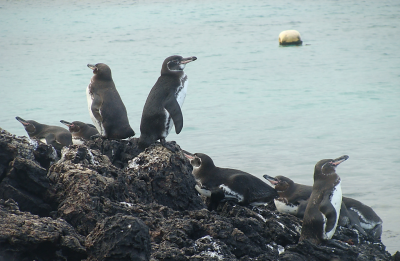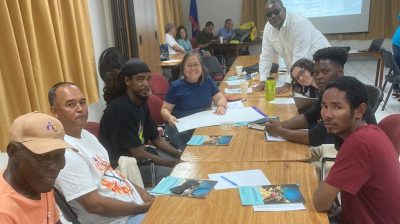Cooperating to tackle plastic pollution
Shifting the focus of intervention to the supply-side, by evaluating the potential environmental and economic outcomes of a voluntary levy on the top 100 plastic producers.
Project Seahorse’s new study highlights the value of community science for seahorse monitoring and conservation
“Harnessing Community Science for Seahorse Population Monitoring: Insights from the iSeahorse Program in Tampa Bay” was published in Aquatic Conservation: Marine and Freshwater Ecosystems. The study showcases the important role of community science in monitoring seahorse populations to support conservation efforts.
Drawing maps of Greater Caribbean manatee habitats in South America; a huge step forward in conservation and rehabilitation
The West Indian manatees that inhabit South America is classified as “Endangered” by the IUCN due to threats like habitat loss, boat collisions, and climate change. Their survival depends on active conservation efforts to protect their habitats and reduce human impacts.
UBC researchers investigate thiamine (vitamin B1) deficiency in BC Chinook salmon for the first time
Since the 1990’s, TDC has been associated with fish and seabird declines in the Great Lakes and the Baltic Sea. In addition to direct mortality, TDC includes sublethal effects across all salmon life stages, including reduced visual acuity and feeding rates, reduced migration performance, and impaired immune response.
Gideon Mordecai is named as an Action Canada Fellow
Action Canada selects emerging leaders from across Canada to become Fellows. They represent all sectors, including business, NGOs, science, government and academia. What they share in common is a commitment to Canada and a demonstrated engagement with public policy.
Exploring hypothetical transfer of harmful fisheries subsidies to support low-income fishers
Not only a cheap and accessible food source, fish is also a source of income for low-income fishers working in fisheries. However, relying on fish is becoming a risky gamble.
MP Mike Kelloway visits IOF
Mike Kelloway is federal Parliamentary Secretary to the Minister of Fisheries, Oceans and the Canadian Coast Guard
Unilateral efforts to combat illegal fishing may spur piracy in certain regions
Certain policies and policing measures taken by countries to combat illegal, unreported and unregulated (IUU) fishing drive local actors to engage in piracy, new Sea Around Us research has found.
Microplastics may be accumulating at a high rate in endangered Galápagos penguins’ food web
The model predictions showed a rapid increase in microplastic accumulation and contamination across the penguins’ prey organisms resulting in Galápagos penguin displaying the highest level of microplastics per biomass, followed by barracuda, anchovy, sardine, herring, and salema and predatory zooplankton.
Belizean fishers want changes in policy and practice to revert declining catch trends
During a series of workshops and meetings held in June and December 2023, Belizean fishers endorsed the findings of the stock assessments carried out by the Sea Around Us, which show that commercially important species such as conch and lobster are overfished
